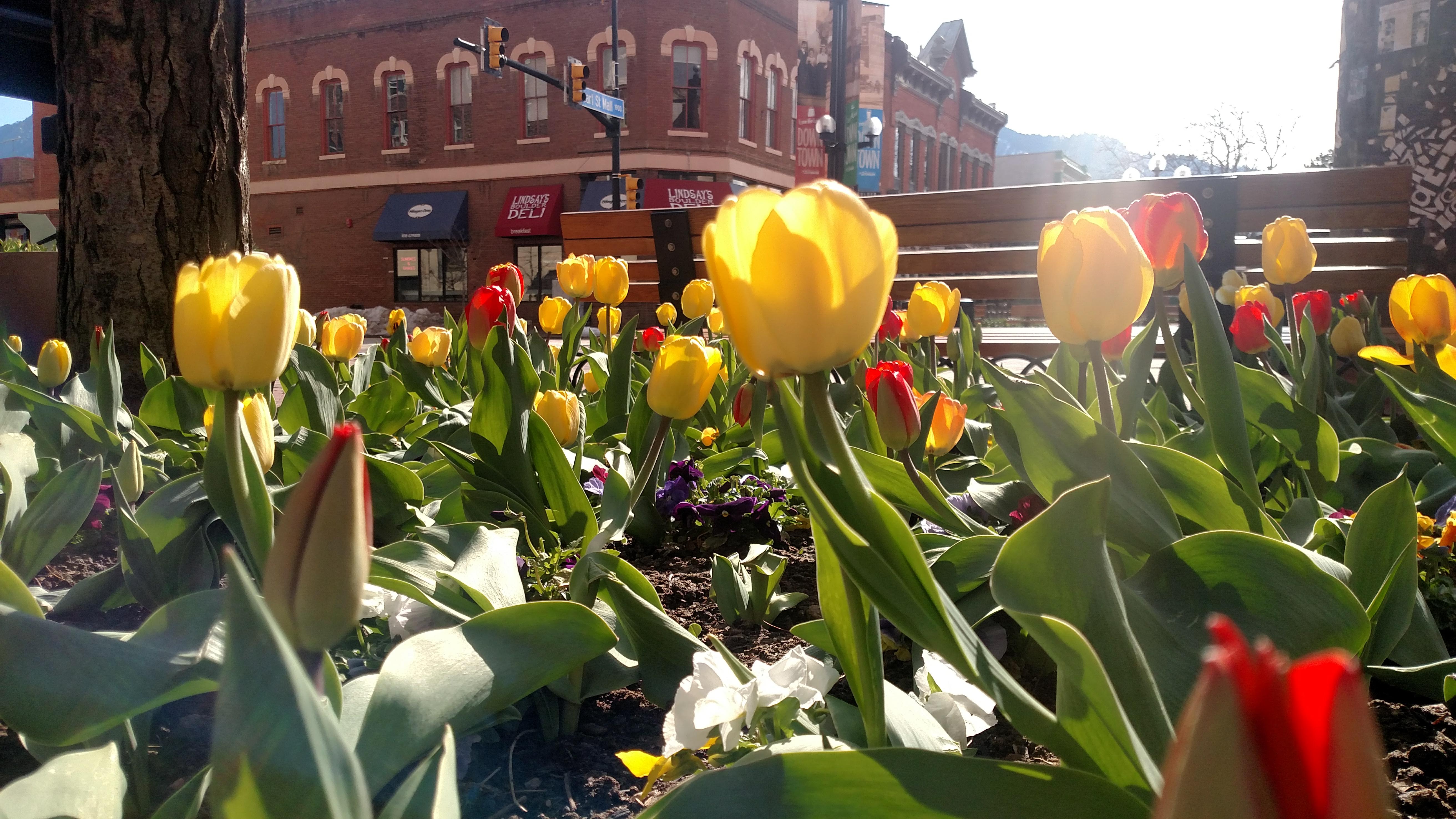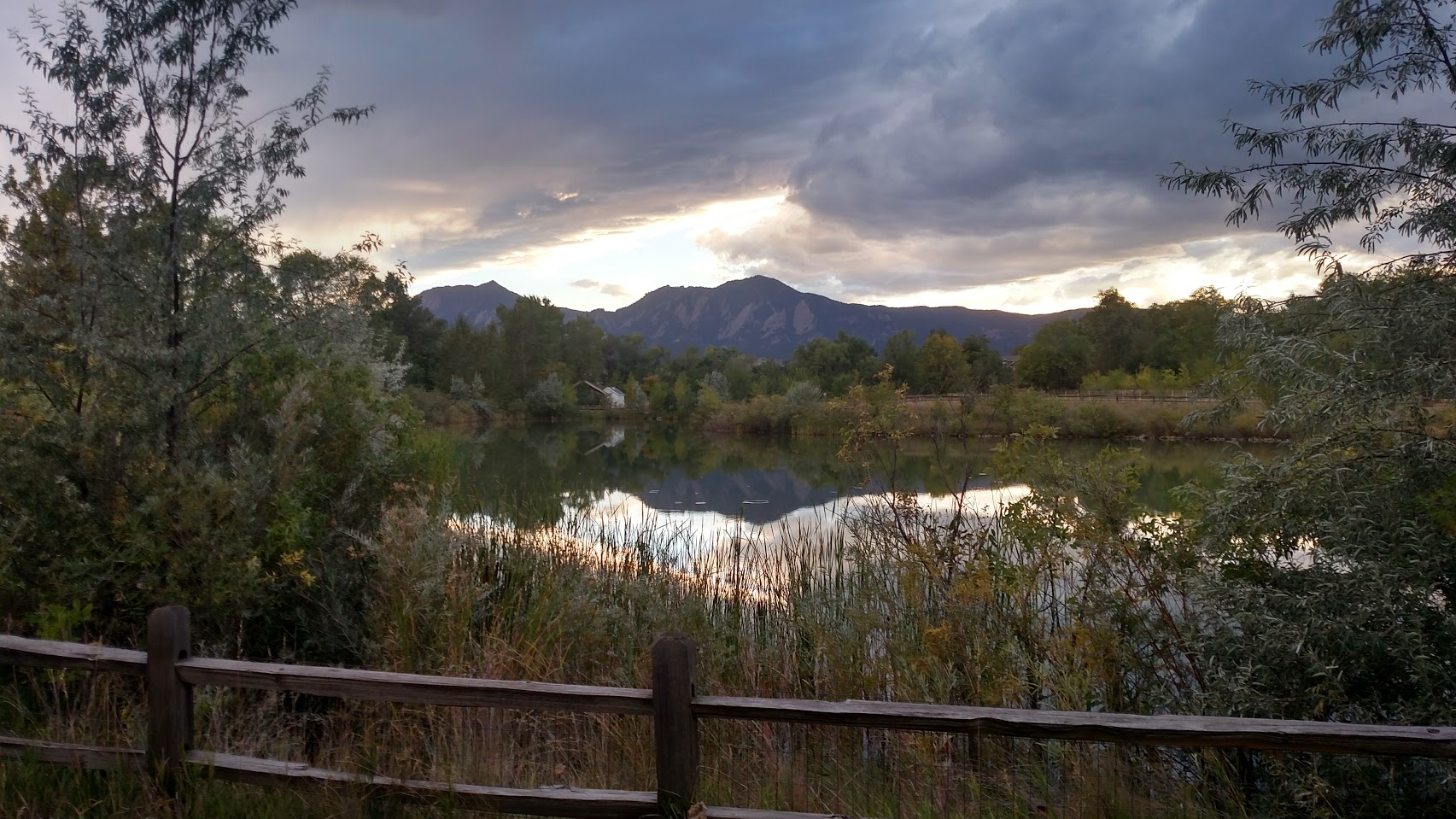
Saturday, April 25, 2020
Colorado’s COVID response is fracturing. As the state moves from stay-at-home to safer-at-home, which includes the gradual reopening of businesses, counties and cities are taking different approaches. Boulder County on Friday extended current orders through May 8, as did much of the Denver metro, while neighboring Weld announced its intention to fully reopen by Monday, defying the governor’s advice.
Health officials this week testified to city council that we are nowhere near prepared to reopen. Governments at all levels are under-supplied and under-staffed for the type of widespread tracking and case investigations needed to prevent future outbreaks.
“Boulder County and Colorado are still very short on testing,” said Susan Motika, Boulder County’s director of health systems policy. “And we do not have enough people (tracking case spread), either in Boulder County or in the state.”
Colorado currently has 29 tests per 100,00 residents, Motika said. To safely move out of a stay-at-home situation, 150 tests per 100,000 is recommended.
Boulder Community Health has 31 test kits, CEO Dr. Robert Vissers testified Tuesday.
The hospital has begun antibody testing for those who have recovered from COVID-19, Vissers said. Two hundred tests will be administered, including to health care workers in close proximity with coronavirus patients.
“The primary goal of the first 200,” Vissers said, “is to see if the testing works.”
Much hope has been placed on such testing, which could determine who has had exposure and therefore immunity, paving the way for those individuals to return to “normal” life. However, it’s still unknown if immunity is developed after an infection of the virus that causes COVID-19, or how long it lasts. And antibody testing faces similar supply-demand challenges as tests for coronavirus.
National Jewish Health in Denver has begun antibody testing of the public — at least theoretically. A doctor’s referral is still required, and certain people will be given priority over others. (A triage list is being created, 5280 reported.) All available appointments are full.
In lieu of testing, “the data has to drive” decisions, Motika said. “Surveillance” of new cases and community movement is a “proxy” for testing.
To help with that second item, Google will be providing data to the city of Boulder, Mayor Sam Weaver shared Tuesday. Location tracking can show where crowds are congregating so that education and enforcement efforts can be applied as needed, Weaver said.
The company has created mobility reports
for communities around the globe — find Colorado’s trends here — using technology and data that, pre-COVID, were used to track high-traffic times for businesses and other establishments.
The next round of reports should be live this week, a spokesperson for Google in Boulder wrote in response to emailed questions. Mobility trends are being provided free of charge and do not represent a formal partnership with the city.
Staff shared a four-phase plan for reopening city services, beginning May 1. That would include the opening of Boulder’s golf course. It’s unclear if those plans are still in place following the county’s stay-at-home extension. More information will be presented to council Tuesday.
Boulder County deaths have continued to mount — 11 people died this week — from infections contracted weeks ago. And new cases, while still low, began to rise.
The rate of transmission, still between 1% and 3%, is “promising,” Motika said. New cases have generally been trending downward since late March, but declines have not been steady. Health officials would like to see a continuous 14 days of decreases before recommending the easing of preventative measures.
City council meeting: 6 p.m. Tuesday, April 28. Watch online or on Channel 8.
— Shay Castle, boulderbeatnews@gmail.com
Want more stories like this, delivered straight to your inbox? Click here
to sign up for a weekly newsletter from Boulder Beat.
COVID-19 Boulder Boulder County Public Health city of Boulder Colorado COVID COVID-19 Governor Jared Polis pandemic stay at home

